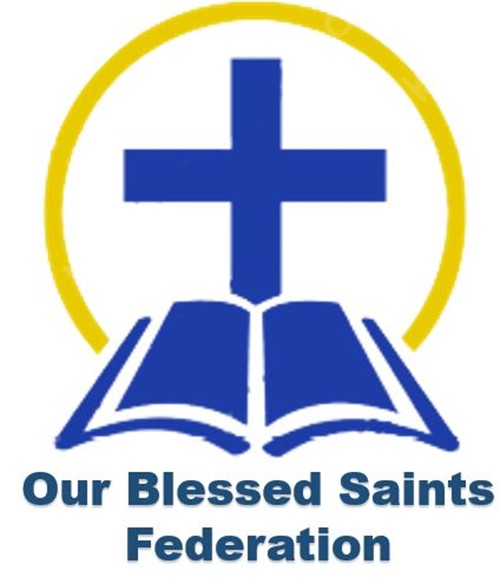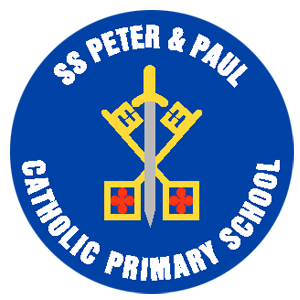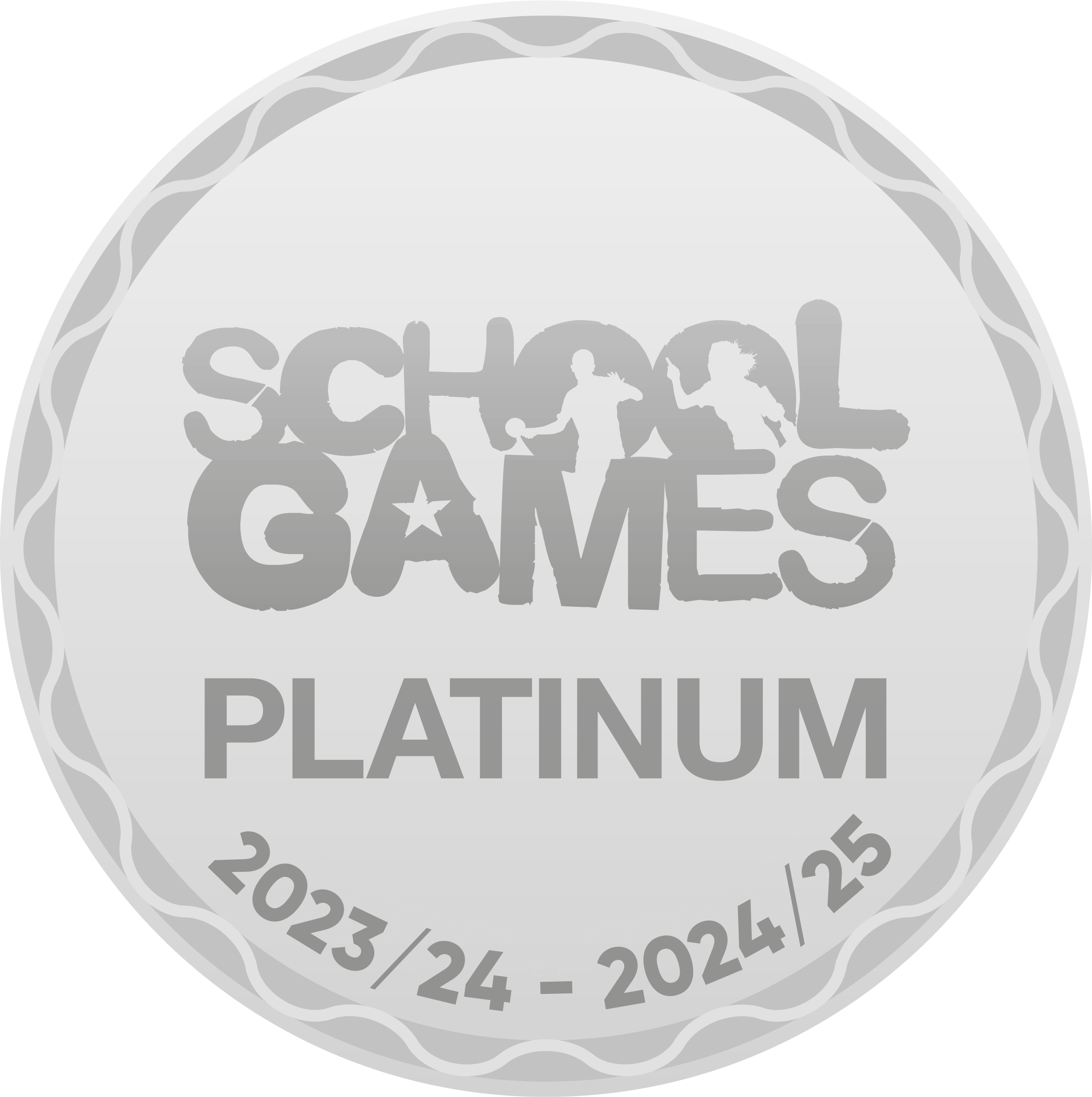HISTORY at SSPP



Our history teaching is designed to stimulate the children’s interest and develop their understanding about the past, both in Britain and the wider world. Pupils consider how the past influences the present, what past societies were like, and how beliefs and cultures influenced people’s actions. Such studies should help the children to understand more about themselves as individuals and members of society.

"We compared all the history eras we have learnt about through Primary school and look at which era was the most significant, crime and punishment in different eras. As Historians you should always look at more than one source as some can be wrong or someone's opinion." Year 6
"We need to know about the past, so we don't make the same mistakes." Year 5 pupil
"I love knowing what came next in history, it goes in order so next year I'll learn about the Mayans and Aztecs!" Year 4
"My favourite era was the Egyptians, they were so clever and were designers. The Egyptians carried on for a long time while in England the Bronze age people were living there." Year 3
"Because of the Great Fire of London, the Fire Brigade was developed and saved lives" Year 2
"We know about the Great Fire of London because of things like paintings and diaries - like Samuel Pepys. He wrote a diary for years not just for the fire." Year 2
Intent
At SSPP, we want our children to gain a coherent understanding of Britain’s past and that of the wider world. Our language rich curriculum should inspire children’s curiosity to know more about the past. Children should ask perceptive questions and think critically using sources of evidence to support their opinion. They should understand how people’s lives have changed, how diverse societies were and the challenges they faced. Not only will our children learn skills of how to be a historian, they will learn knowledge about history.
Characteristics of a Historian
- An excellent knowledge and understanding of people, events, and contexts from a range of historical periods and of historical concepts and processes.
- The ability to think critically about history and communicate ideas very confidently in styles appropriate to a range of audiences.
- The ability to consistently support, evaluate and challenge their own and others’ views using detailed, appropriate and accurate historical evidence derived from a range of sources.
- The ability to think, reflect, debate, discuss and evaluate the past, formulating and refining questions and lines of enquiry.
- A passion for history and an enthusiastic engagement in learning, which develops their sense of curiosity about the past and their understanding of how and why people interpret the past in different ways.
- A respect for historical evidence and the ability to make robust and critical use of it to support their explanations and judgments.
- A desire to embrace challenging activities, including opportunities to undertake high-quality research across a range of history topics.
IMPLEMENTATION
All learning will start by revisiting prior knowledge through one of our 4 big questions, 'What do I need to remember and recall?'. This will be scaffolded to support children to recall
previous learning and make connections. Staff will model explicitly the subject-specific vocabulary, knowledge and skills relevant to the learning to allow them to integrate new knowledge into larger concepts. Our progression of history is chronological through KS2 to allow for an understanding of periods and overlapping eras.
We use progression grids to ensure there is clear skills, knowledge and vocabulary progression throughout school. Our curriculum is taught on a yearly cycle. Substantive and disciplinary concepts are revisited across the year groups and through different themes.
Where appropriate we use historical artefacts, visitors, workshops and visits to launch and land our mini-adventures therefore providing a variety of approaches to enable them to find out more about events and people from the past. We use assessment for learning to help to plan for next steps. Articulation of learning and understanding of the subject-specific vocabulary is important and is assessed and monitored through in class discussions, marking and pupil voice.
IMPACT
Through the explicit teaching of the history knowledge and skills, interleaved and repeated through different contexts, both the teachers and the pupils assess their learning continuously throughout the lessons. The children will be encouraged to reflect on their progress within each session and how they have been successful. We utilise end of learning pieces or pre-post Kahoot! quizzes to assess what knowledge has been retained, remembered and recalled. We want all children to have knowledge of history and understand why learning history is so important to their futures.
Subject co-ordinators are given regular time to ensure resources are kept up to date, to monitor subject across the school, create action plans and to provide subject feedback to SLT as appropriate. Book scrutinies across classes and school ensure that progression is appropriate and clear and that carefully sequenced learning is not disjointed for the pupils. Pupil Voice allows leaders to assess what has been remembered and recalled- ensuring that the children 'learn more and remember more'.
Our children will leave primary school prepared for Secondary, with the disciplinary and substantive knowledge they need to succeed.
National Curriculum:
The objectives of teaching history in our school are:
- To understand how people’s lives have shaped this nation and how Britain has influenced and been influenced by the wider world.
- They will understand significant aspects of the history of the wider world: the nature of ancient civilisations; the expansion and dissolution of empires; characteristic features of past non-European societies and the achievements of mankind.
- They will acquire an understanding of abstract terms such as ‘empire’, ‘civilisation’, ‘parliament’ and ‘peasantry’
- They will learn about significant people from different time periods and make connections between local, regional, national and international history; between cultural, economic, military, political, religious and social history; and between short- and long-term timescales.
- Pupils will learn about using sources and their significance, and use them to make connections, draw contrasts, analyse trends, frame historically-valid questions and create their own structured accounts, including written narratives and analyses them rigorously to make historical claims, and discern how and why contrasting arguments and interpretations of the past have been constructed.
Spiritual, moral, social and cultural development in History








